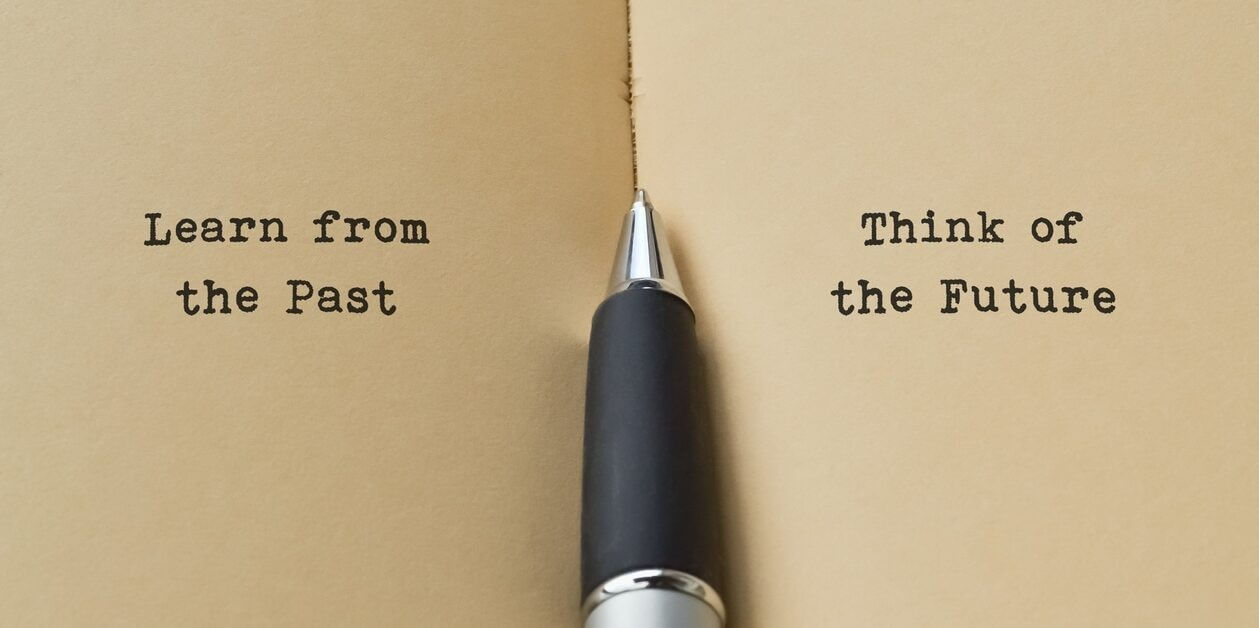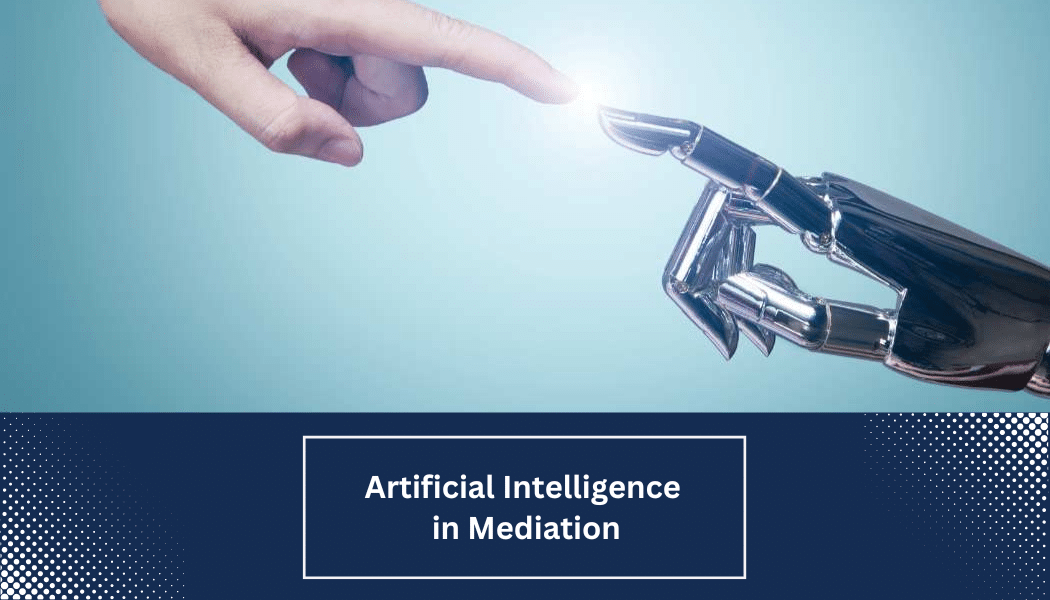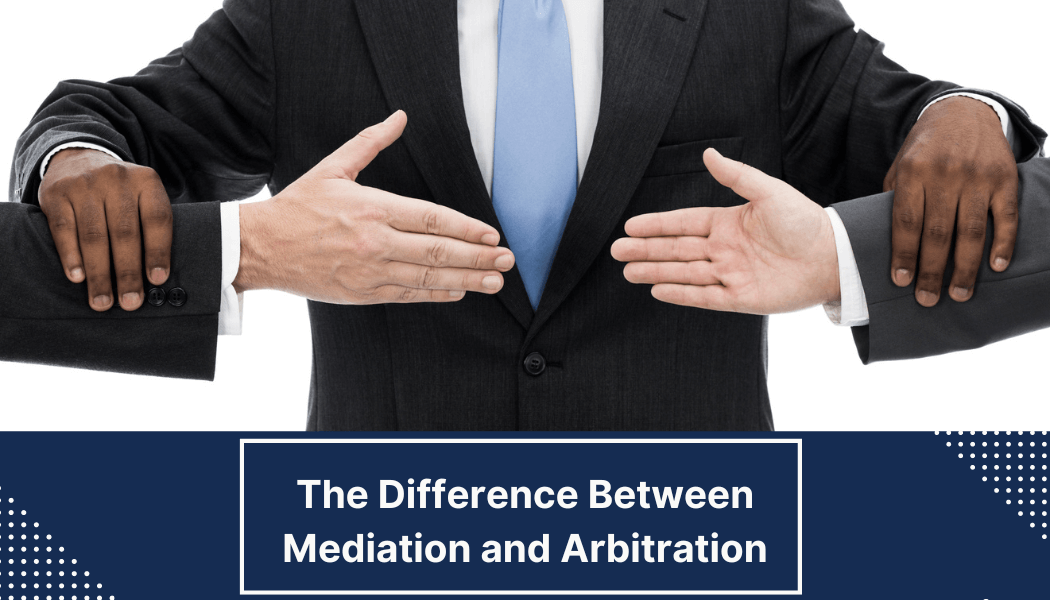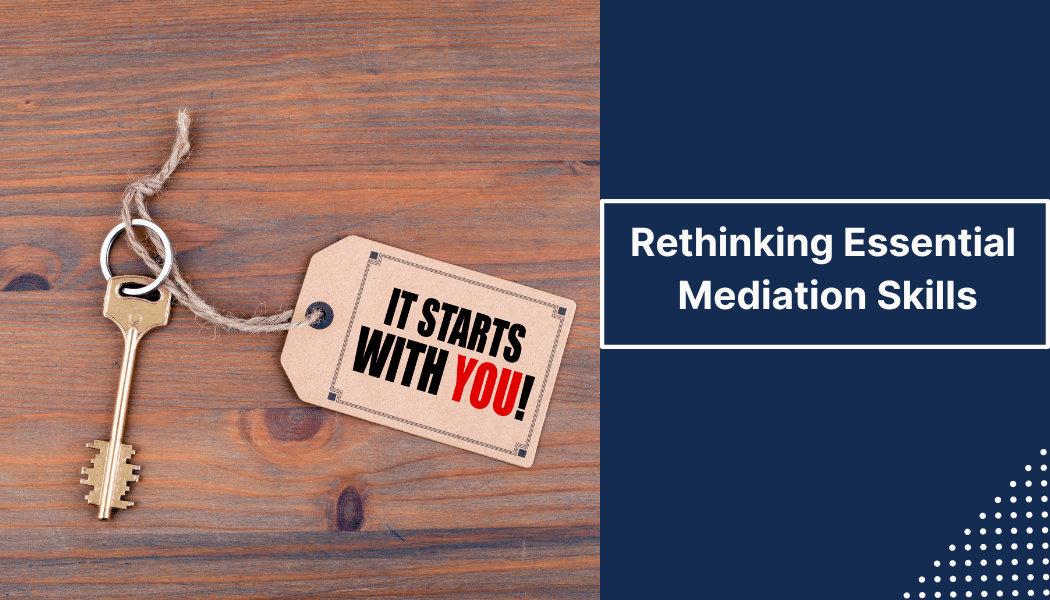My season of self-reflection began dramatically: the JAMS office administrator marched into the middle of my two-day mediation and alerted everyone that the Mayor of San Francisco had just announced she was ordering the shutdown of all nonessential businesses. This effort to thwart the spread of COVID-19 heralded the onset of our new reality, sheltering in place.
Over the ensuing days, my time was spent on conference calls, Zoom tutorials, and a gradual transition to virtual mediation. I naively believed that these lessons represented all that the universe had in store for me. Little did I know what opportunities for genuine self-reflection lay ahead.
Redefining Community
Several weeks into self-isolation, I had the privilege of conducting a webinar interview of my friend and colleague, David Carden, former U.S. Ambassador to the Association of Southeast Asian Nations. The occasion was the first virtual assembly of the Weinstein International Foundation for 75 Senior Fellows, mediators spread across the globe.
The topic of the day was lessons we can learn from the pandemic. The discussion was led by Ambassador Carden, the very man who had advised former President Barack Obama and the National Security Council on the risks posed by a pandemic. In his response to questions, David proposed that going forward, we must think more broadly about how we define community. While it’s understandable that fear drives many to close ranks, shut borders, and build thirty-foot walls, we live in a world of thirty-two-foot ladders.
Moreover, the challenges of tomorrow: climate change, human migration, wealth disparity and pandemics, cannot be contained by geographic or physical borders. He capped his powerful message by saying, “It’s long past time for all of us to recognize this truth: we have too long cared more for the moment than we have for the future; more for ourselves than we have for those to come; more for power, privilege and wealth than we have for belonging, becoming, and building sustainable lives.”
His reflection was clear: how we define community must be forever changed. The existential problems of tomorrow can only be addressed by all of us, coming together, recognizing our common interests, and acting as members of the global community.
Interconnectivity
As the days of sheltering in place stretched into weeks and the weeks into months, the novelty of our commitment began to wear thin, replaced by feelings of isolation and loneliness. Yet, with those sentiments, another opportunity appeared for self-reflection and learning.
We know from neurobiology that one of our most basic human needs is connection with one other. The idea of interconnectivity, that what a person does one day in Wuhan, China can have profound and far-reaching consequences in the ensuing weeks in Milan, New York City or Moscow, has never been more apparent. Also, that our actions of sheltering in place, wearing face masks, and social distancing protected not just our friends and family, but also strangers that we might never know. And for the first time for many, this opened our eyes to our human interconnectivity.
Through the shelter in place moments, we longed for a deeper connection with each other. Who can forget the images of a small town in northern Italy, with neighbors out on their balconies toasting each other with wine goblets from afar and singing songs in unison? In Marin County, where I live, each night at an appointed hour, people walked into their yards and raised their voices to the moon to share in a community of sound. Though Zoom conferences brought us into each other’s homes as never before, still missing was the ultimate human connection: a comforting touch or a warm embrace.
As I reflected on this issue of human connection, I thought of a mediation I conducted years ago involving a man who had been horribly burned and disfigured in an industrial explosion. During the opening session and in front of an assembled audience of dozens of attorneys and insurance adjusters, I asked this man what had been the most difficult part of his pain-filled ordeal? As tears streamed down his scarred cheeks, he said to me, “Mr. Edwards, no one touches me anymore.”
Our need for connection runs deep. It lies at the core of our humanness. It is a truth laid bare by extended isolation. Ironically, a striking symbol of the importance of connection had been with me for many years. Hanging on the wall in my office is a hand drawn portrait of the Reverend Desmond Tutu, artfully created by my friend, Tom Stipanowich at Pepperdine. Under the drawing of Reverend Tutu appear his words on the importance of our connectivity, “We are different precisely in order to realize our need for one another. My humanity is caught up, is inextricably bound up, in yours.” More timely and insightful words were never spoken.
Black Lives Matter
Over Memorial Day weekend in Minneapolis, Minnesota, events unfolded that would shake this country and reverberate around the world. I refer, of course, to the brutal murder of George Floyd, an unarmed black man at the hands of a white police officer. Police, responding to reports of an African American man allegedly passing a counterfeit twenty-dollar bill at a local business, somehow ended with Mr. Floyd in handcuffs, face down on the street pavement with an officer’s knee pressing on his neck. For the next nine minutes, in a video captured on a bystander’s cell phone, the world saw a scene that will be indelibly inked in our social conscience forever: Mr. Floyd being stripped of his dignity and robbed of his breath. His last words of, “I can’t breathe,” soon became the clarion call for protestors around the world, demanding an end to racial injustice and systemic racism.
The simple statement, Black Lives Matter, forced many in the white community to confront our thinking on race and, more specifically, our potential complicity in racist institutions. It was there for all to see. This simple slogan sought to encapsulate decades of hate, bigotry and despair.
These words, Black Lives Matter, should not be followed by a question mark. Instead, they should herald a potential tipping point in our collective conscience, as many of us who have benefited from “white privilege” are challenged to look deep into our hearts and souls and confront our prejudices, both overt and implicit. Ultimately, we each need to ask ourselves how we can become part of the change this country so desperately needs.
Dr. Martin Luther King famously said, “In the end, we will remember not the words of our enemies, but the silence of our friends.” To reflect on the events of these past few weeks is to come away with a profound sense of injustice and a call to action. The lesson is clear: we can no longer afford the complicity of silence. It’s no longer enough to be a non-racist; we need to actively become anti-racist.
A Call to Action
There is a new wind about and with it, a historic opportunity to move from thought to action. My father used to say, “The road to hell is paved with good intentions.” We all need to look within ourselves, acknowledge without fault how we have gotten to this moment, and commit to taking action in our homes, businesses, religious institutions and communities. As dispute resolution professionals, we have unique skills to offer our communities in managing the difficult conversations and moments ahead.
For example, we could:
- Lead a reflective discussion group about race with our social or business peers.
- Volunteer to train de-escalation techniques and dispute resolution skills to community organizers or police departments.
- Mentor a minority professional and, in hiring, look to make our office reflect our broader community.
- Teach a course on implicit bias at our local church, synagogue or mosque.
It’s simply not enough to applaud the National Football League for its long-overdue support for social justice or NASCAR’s efforts at inclusion by banning racist symbols from NASCAR events. We all need to reach out to people of color and make a meaningful connection. We also need to prioritize reading books and watching movies that describe black lives and historical abuse. Only then can we draw on the compassion and empathy that brought us to this profession in the first place, and in so doing, model the behavior needed to counteract the corrosive impact of systemic racism.
The Change Is Within Each of Us
For some, my commentary may come as a surprise. Why my deviation from traditional offerings on mediation skills development? The answer lies in the opportunity presented by recent events. The events of these past few months, and their impact on all of us, are too important to ignore. We have an unprecedented opportunity for self-reflection, an engraved invitation to reexamine old ways of looking at the world and each other. The choice is now up to us. We are at a moment of inflection in our lives. None of us can predict where this will end, but perhaps that too is part of the lesson.
Together, we have the opportunity to shape our collective vision and destiny. Together, we have a chance to confront the sins of the past, while tackling the challenges of the future. Along the journey, I will comfort myself in the words of Maya Angelou, who reminds us that, “We are more alike, my friends, than we are unalike.”
Imagine if we awoke from this confluence of recent events with a clearer vision of what unites us, rather than continuing to bear witness to what divides us. Imagine, years from now, looking back on the summer of 2020 as this generation’s moonshot toward ending racial injustice. My hope for each of us dispute resolution professionals is that from these reflective moments, we learn to access our humanity and find ways to raise up those around us, and in so doing, become a better version of ourselves.
Finally, to all those who have gone into the world these past few months to provide health care, support those in need, or demonstrate against systemic racism and abuse, a heartfelt thank you from everyone at Edwards Mediation Academy.





